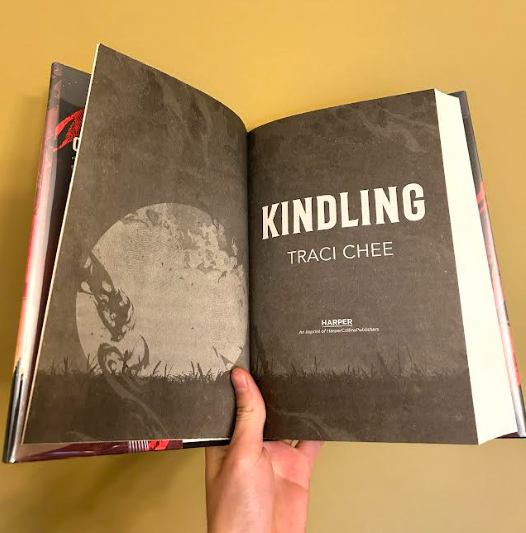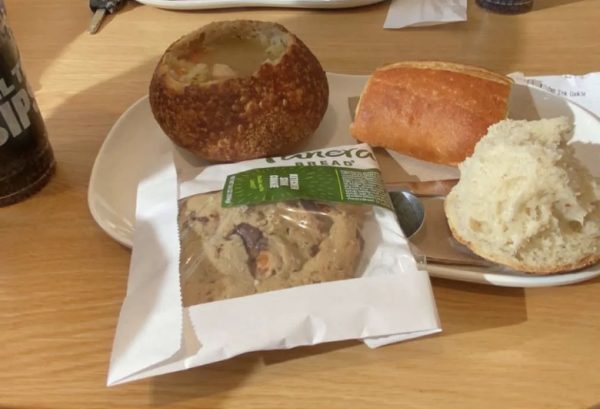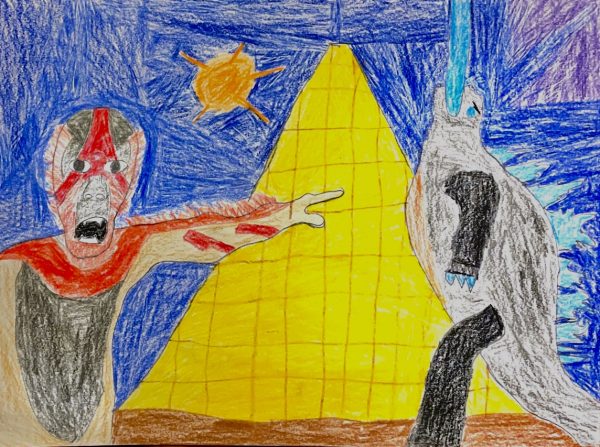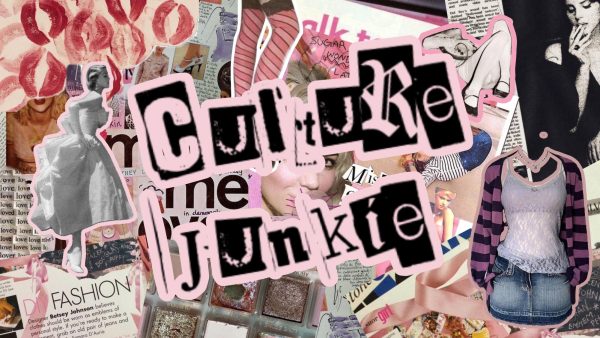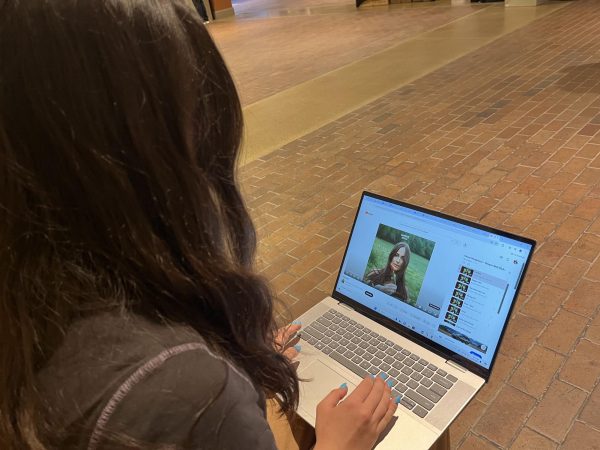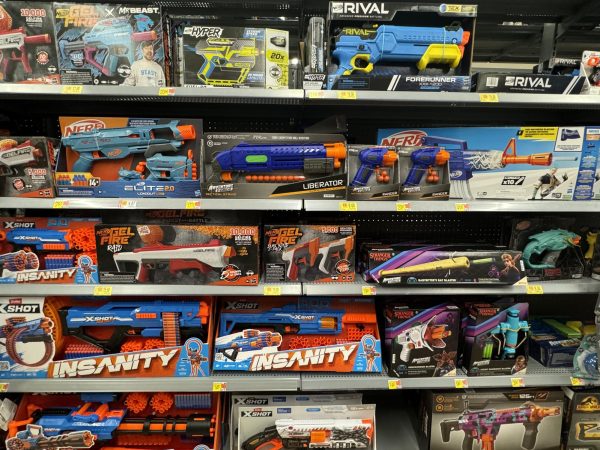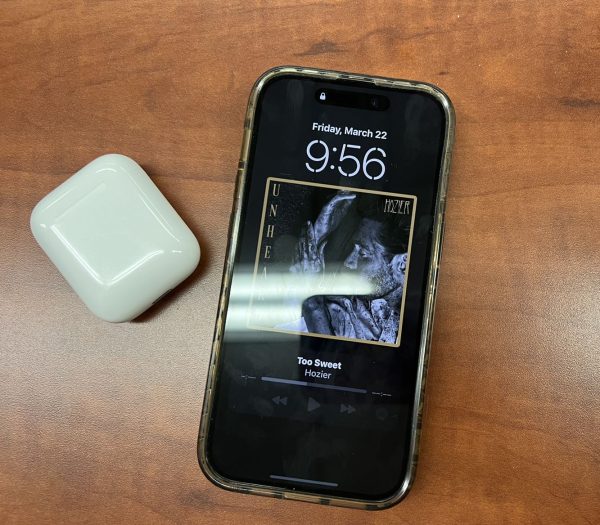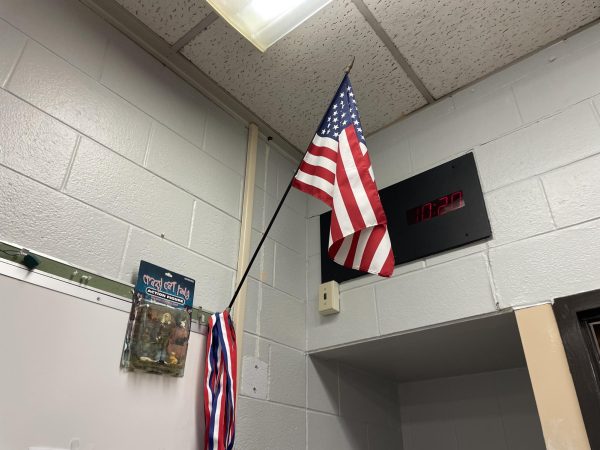R.I.P. Albums: Why digital streaming has killed records
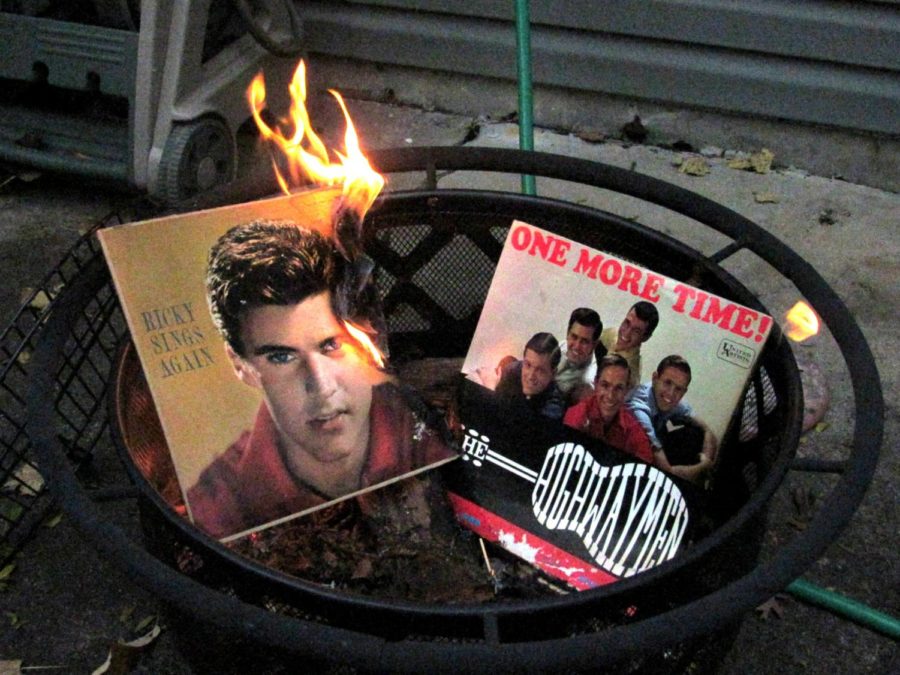
While the practice of buying vinyl is common, the albums are used more display more than actually being played.
November 22, 2019
When I was eight years old, I bought my first CD from the holy grail that was the Disc Replay on Butterfield. It was the most amazing thing I had ever seen, a whole 40 minutes of music put onto one single thing. The album itself was “Tragic Kingdom” from ska-rock’s biggest act No Doubt, right before they would change styles completely.
Albums were some of the best ways to listen to music. Artists were pouring hundreds of emotions and months of work into a single release, capturing the hearts of their fan bases and fulfilling their dreams. Classic releases like Fleetwood Mac’s “Rumours,” Prince’s “Purple Rain” and The Police’s “Synchronicity” touch the heartstrings in a way modern releases don’t tend to do.
In the modern-day music industry, it’s online streams over streams of tears.
Streaming is how artists connect with their fans, allowing their songs to be heard at their fingertips. It’s fast, it’s easy and it’s relatively cheap. No more trekking out to the nearest Target or independent record store to get your hands on the latest releases.
Spotify, Apple Music, Soundcloud and even Amazon Music now dominate a market once filled with hundreds of competitive stores vying for your buck. What was unforeseen however was the actual decline of the concept of albums altogether.
In the fast streaming world we live in, artists are no longer compiling work into a single album. Instead, smart musicians like Billie Eilish, girl in red and King Princess put out one song at a time whenever they feel like it without much warning. One social media notification later, their fan bases flock to the single and rack up the streams.
Even when streams don’t make much money for the artist, it leaves fans waiting for more and more. With albums, you got everything at once, listened to it a few times and started waiting for sometimes years for the follow-up record. Fans stay dedicated and waiting because of the anticipation of the next song.
Eilish coined this by releasing half of her debut album as singles before its March 2019 release date. Loona, one of the most recognizable and crazy groups in k-pop, used a similar formula to drag Orbits into the newly founded Loonaverse. Starting in Oct. 2016, the group would release solo songs for each of the twelve Loona members, allowing fans to get tastes of each girl’s individual style and sound.
Every four members, a sub-unit would be formed with the release of two singles plus both an album and five-song EP. This process continued for 18 months and by the end of it, Loona’s overall discography was at an astounding 54 tracks even before their whole group debut in Aug. 2018. As a result, they built one of the most dedicated and obsessed fanbases in the entire world still waiting for new music since Feb. 2019.
With the easier release of media and a stronger connection to their fanbases, it’s easily understood why the digital world seems to be the new frontier. Now releasing full-length albums is not awful, but it’s no longer the norm in this industry. Instead, everything is fast, easy and free with digital singles and EPs.
Personally, I still listen to the magic inside an hour-long LP, finding all of the magic within a culmination of long hours at the mixing board. But it’s time for digital to take it’s place, fully downloaded.


